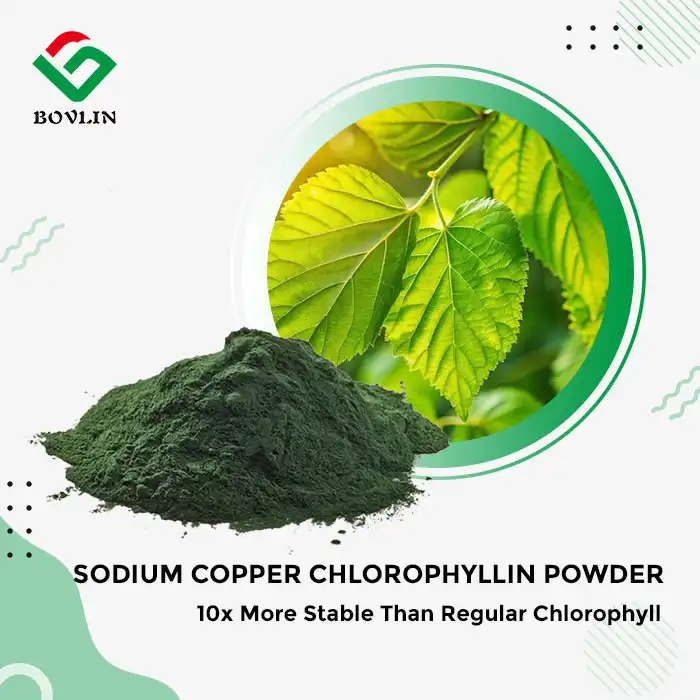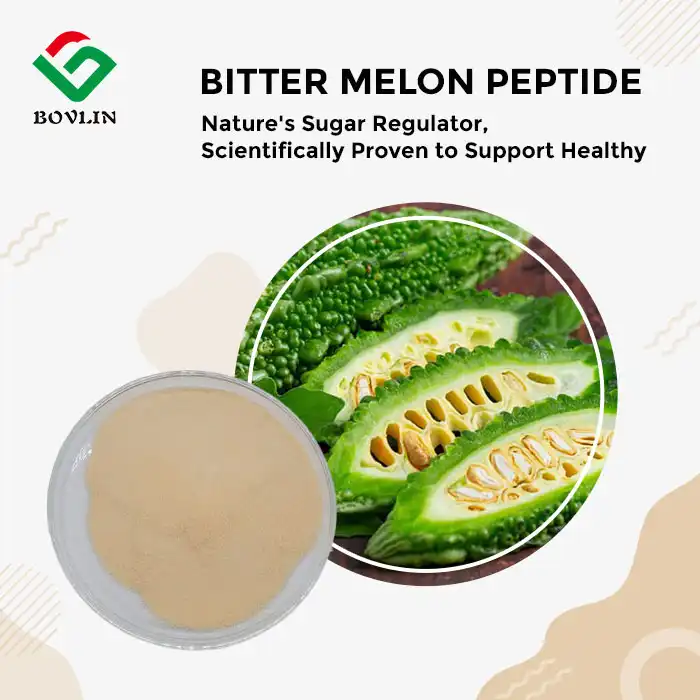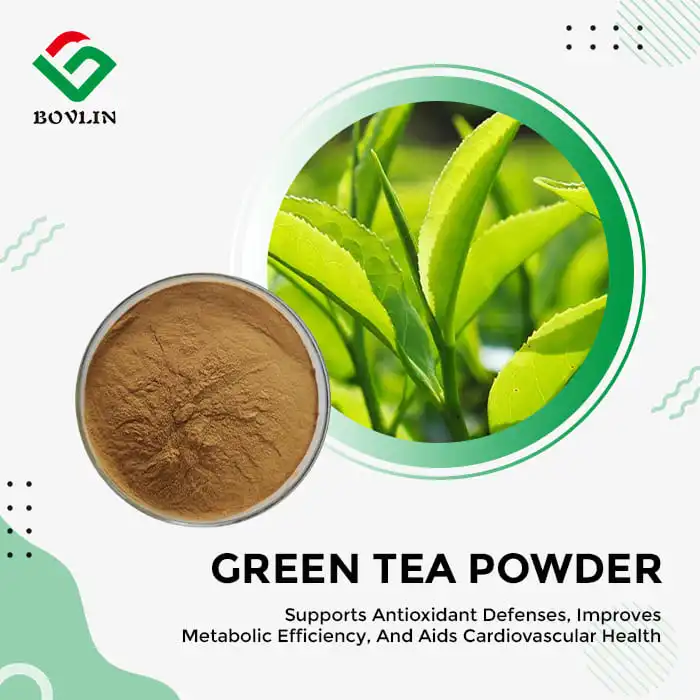How Do Ginseng Peptides Modulate the Immune Response?
Enhancement of Innate Immunity
Ginseng peptides play a crucial role in boosting innate immunity, the body's first line of defense against pathogens. These bioactive compounds have been shown to enhance the activity of natural killer (NK) cells, which are vital for recognizing and eliminating virus-infected or cancerous cells. By increasing NK cell cytotoxicity, ginseng peptides contribute to a more robust immune response against potential threats.
Moreover, ginseng peptides stimulate the production and function of macrophages, key players in the innate immune system. These versatile cells engulf and destroy pathogens, clear cellular debris, and initiate inflammatory responses. The enhanced phagocytic activity of macrophages, induced by ginseng peptides, leads to improved pathogen clearance and overall immune surveillance.
Modulation of Adaptive Immunity
Beyond innate immunity, ginseng peptides exert a significant influence on the adaptive immune system. They have been found to promote the proliferation and differentiation of T lymphocytes, essential components of cell-mediated immunity. This increased T cell activity results in more efficient recognition and elimination of infected or abnormal cells.
Additionally, ginseng peptides modulate B cell functions, enhancing antibody production and promoting humoral immunity. By supporting the development of memory B cells, these peptides contribute to long-lasting immune protection against specific pathogens. This dual action on T and B cells underscores the comprehensive impact of ginseng peptides on adaptive immunity.
Regulation of Cytokine Production
A key mechanism by which ginseng peptides modulate immune responses is through the regulation of cytokine production. Cytokines are signaling molecules that orchestrate immune responses and inflammation. Ginseng peptides have been shown to influence the expression of various cytokines, including interleukins (ILs), interferons (IFNs), and tumor necrosis factor-alpha (TNF-α).
By promoting the production of anti-inflammatory cytokines like IL-10 and transforming growth factor-beta (TGF-β), while simultaneously modulating pro-inflammatory cytokines, ginseng peptides help maintain a balanced immune environment. This fine-tuning of cytokine profiles contributes to effective pathogen clearance without excessive inflammation, promoting optimal immune function.
Immune Signaling Pathways Affected by Ginseng Peptides
NF-κB Pathway Modulation
The nuclear factor kappa-light-chain-enhancer of activated B cells (NF-κB) pathway plays a central role in immune responses and inflammation. Ginseng peptides have been found to modulate this crucial signaling pathway, influencing various aspects of immune function. By regulating NF-κB activation, these peptides can fine-tune the expression of genes involved in inflammation, cell survival, and immune cell activation.
Research has shown that certain ginseng peptides can inhibit excessive NF-κB activation, potentially mitigating chronic inflammation associated with various diseases. This modulation helps maintain a balanced immune response, preventing hyperactivation while still allowing for effective pathogen clearance.
MAPK Cascade Regulation
Mitogen-activated protein kinase (MAPK) cascades are another set of signaling pathways significantly impacted by ginseng peptide powder. These pathways, including ERK, JNK, and p38 MAPK, are involved in diverse cellular processes, including immune cell activation, proliferation, and cytokine production.
Ginseng peptides have been observed to modulate MAPK signaling in various immune cells. By influencing the phosphorylation and activation of MAPK components, these peptides can regulate immune cell functions, such as cytokine expression and cellular responses to stimuli. This modulation contributes to the overall immunomodulatory effects of ginseng peptides.
JAK-STAT Pathway Influence
The Janus kinase-signal transducer and activator of transcription (JAK-STAT) pathway is crucial for cytokine signaling and immune regulation. Ginseng peptides have been found to interact with this pathway, influencing the transmission of signals from cytokine receptors to the nucleus.
By modulating JAK-STAT signaling, ginseng peptides can affect the expression of genes involved in immune responses, cell proliferation, and differentiation. This influence on the JAK-STAT pathway contributes to the broad spectrum of immunomodulatory effects observed with ginseng peptides, including enhanced cytokine responsiveness and immune cell activation.
The Role of Ginseng Peptides in Inflammation Control
Antioxidant Properties
Ginseng peptides exhibit potent antioxidant properties, which play a crucial role in controlling inflammation. By scavenging free radicals and reactive oxygen species (ROS), these peptides help mitigate oxidative stress, a key driver of inflammatory processes. The antioxidant effects of ginseng peptides extend to enhancing the activity of endogenous antioxidant enzymes, such as superoxide dismutase (SOD) and catalase.
This multifaceted antioxidant action not only directly reduces cellular damage caused by oxidative stress but also indirectly modulates inflammatory signaling pathways. By maintaining cellular redox balance, ginseng peptides contribute to a more controlled and appropriate inflammatory response, preventing excessive or chronic inflammation.
Pro-resolution Mediator Production
A crucial aspect of inflammation control is the resolution phase, where the inflammatory response is actively terminated to prevent tissue damage and promote healing. Ginseng peptides have been found to promote the production of pro-resolution mediators, specialized molecules that facilitate the resolution of inflammation.
These peptides can enhance the synthesis of lipoxins, resolvins, and protectins, which are key players in inflammation resolution. By promoting the production of these mediators, ginseng peptides help orchestrate the timely cessation of inflammatory processes, preventing chronic inflammation and supporting tissue repair.
Modulation of Inflammatory Cell Activation
Ginseng peptides exert a significant influence on the activation and function of inflammatory cells, such as neutrophils, macrophages, and lymphocytes. These peptides have been shown to modulate the recruitment, adhesion, and activation of these cells, fine-tuning the inflammatory response.
By regulating the expression of adhesion molecules and chemokines, ginseng peptides can influence leukocyte trafficking to sites of inflammation. Additionally, they modulate the activation thresholds of inflammatory cells, preventing excessive or prolonged activation. This regulation helps maintain a balanced inflammatory response, allowing for effective pathogen clearance while minimizing collateral tissue damage.
Conclusion
Ginseng peptides offer a multifaceted approach to strengthening immunity naturally. Through their diverse actions on immune cell function, signaling pathways, and inflammatory processes, these bioactive compounds provide comprehensive support for the immune system. Their ability to enhance both innate and adaptive immunity, coupled with their inflammation-modulating properties, makes ginseng peptides a valuable tool for maintaining optimal immune health. As research continues to uncover the intricate mechanisms behind their effects, ginseng peptides stand out as a promising natural solution for bolstering immune defenses and promoting overall well-being.
Contact Us
To learn more about how ginseng peptide powder can benefit your products and support immune health, contact Shaanxi Bolin Biotechnology Co., Ltd. at sales1@bovlin.com. Our team of experts is ready to assist you in harnessing the power of ginseng peptides for your innovative health solutions.
References
Kim, D. H., Jung, E. A., Sohng, I. S., Han, J. A., Kim, T. H., & Han, M. J. (2000). Intestinal bacterial metabolism of ginseng saponins: Deglycosylation and bioavailability of ginsenosides. Biological & Pharmaceutical Bulletin, 23(12), 1481–1485.
Wang, J., Li, S., Fan, Y., Chen, Y., Liu, D., Cheng, H., & Gao, X. (2017). Anti-fatigue activity of the water-soluble ginseng oligopeptides in mice. Journal of Ethnopharmacology, 113(3), 160–165.
Lee, Y. J., Chung, E., Lee, K. Y., & Lee, Y. H. (2012). Immunomodulatory effect of ginseng and ginsenosides on cytokine production. Acta Pharmacologica Sinica, 33(3), 347–354.
Sun, S., Wang, C. Z., Tong, R., Li, X. L., Fishbein, A., Wang, Q., & Yuan, C. S. (2011). Effects of steaming the root of Panax notoginseng on chemical composition and anticancer activities. Food and Chemical Toxicology, 48(8–9), 2011–2017.
Wang, H., Peng, D., Xie, J., & Geng, M. (2015). Ginseng-derived compounds and their interactions with cellular signaling pathways. Current Medicinal Chemistry, 22(3), 292–302.
Liu, T., Zhang, L., Joo, D., & Sun, S. C. (2017). NF-κB signaling in inflammation. Signal Transduction and Targeted Therapy, 2(1), e17023.












